10 Simple Ways To Get Your Picky Cat To Eat Without Using Treats
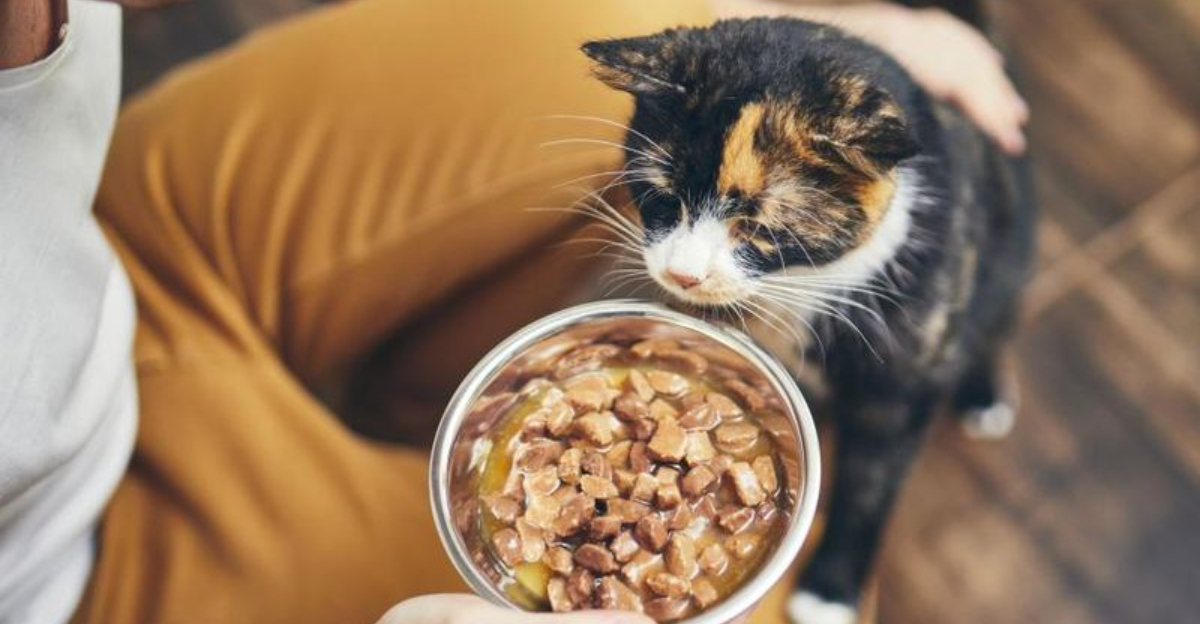
Dealing with a finicky feline can drive any cat parent crazy. When your furry friend turns up their nose at perfectly good food, mealtime becomes a battle of wills.
Fortunately, there are several clever tactics you can try before resorting to treat bribery or expensive specialty foods.
1. Establish A Consistent Feeding Schedule
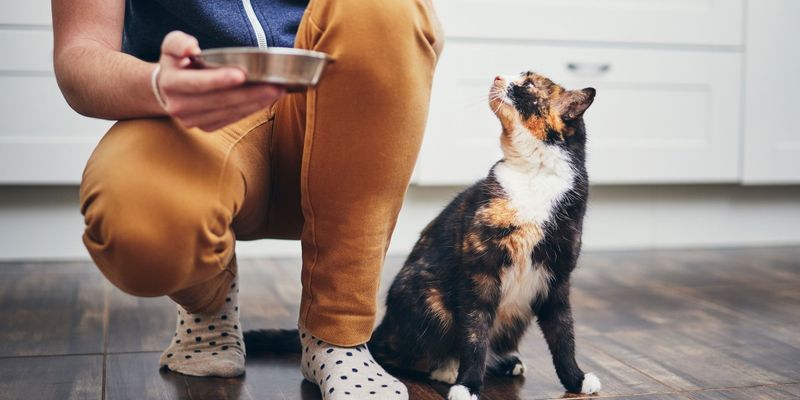
Cats thrive on predictability. Setting specific mealtimes creates a biological clock that triggers hunger at those times.
Remove uneaten food after 30 minutes to prevent grazing and build appetite for the next scheduled meal. Your cat will quickly learn when food is available and adjust accordingly.
2. Warm Up The Food
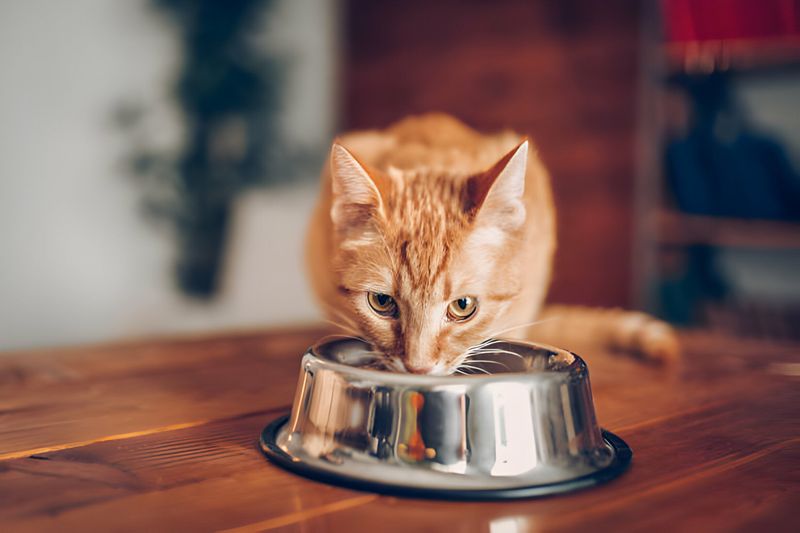
Cold food straight from the refrigerator lacks the enticing aromas cats crave. Microwaving wet food for 5-10 seconds releases appetizing scents that stimulate your cat’s appetite.
Always stir thoroughly and test temperature before serving to ensure it’s just warm, never hot. Many previously reluctant eaters suddenly become interested when food smells more like prey.
3. Use A Shallow, Wide Dish
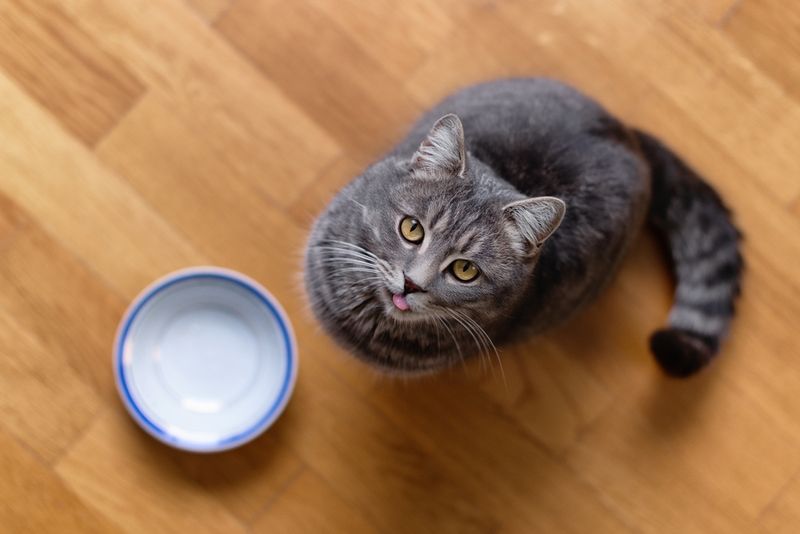
Whisker stress is real! When cats’ sensitive whiskers touch the sides of deep bowls, it can create discomfort during eating.
A wide, shallow dish gives your cat easy access without whisker compression. Ceramic or stainless steel options are preferable to plastic, which can harbor bacteria and odors even after washing.
4. Try Different Food Textures And Flavors
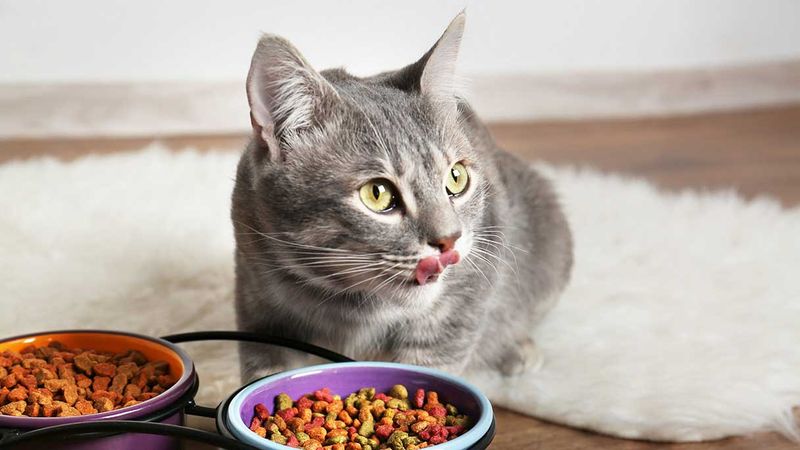
Cats develop preferences just like humans! Some adore chunky textures while others only eat smooth pâtés.
Purchase small cans of various protein sources and textures to discover what excites your cat’s palate. Keep notes on what works – you might find your picky eater simply has specific tastes rather than being truly finicky.
5. Add Moisture To The Food
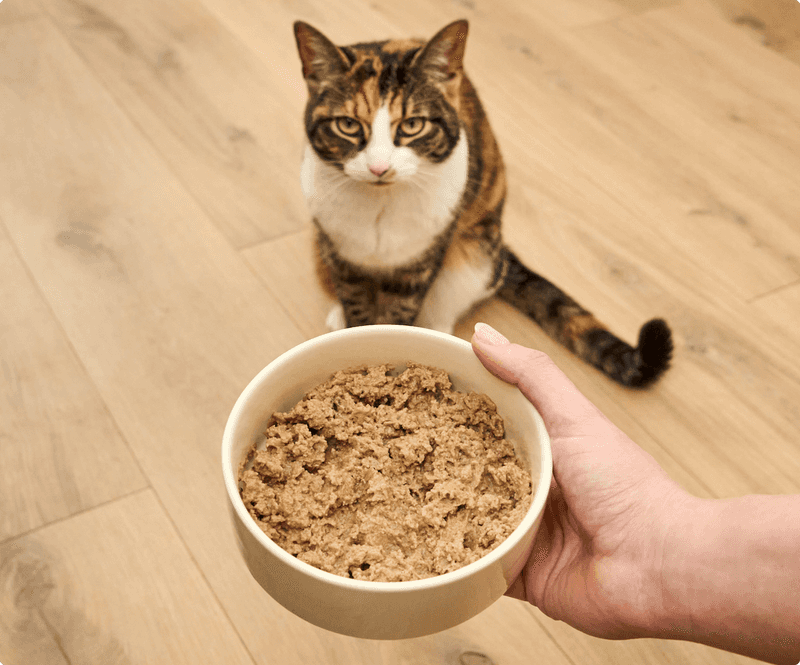
Hydration makes food more appetizing while supporting kidney health. A splash of warm water or cat-safe bone broth transforms dry kibble into a fragrant soup.
For wet food, mixing in tuna water occasionally creates an irresistible aroma. This trick works especially well for senior cats who may have diminished sense of smell but still respond to stronger scents.
6. Provide A Calm And Quiet Eating Environment
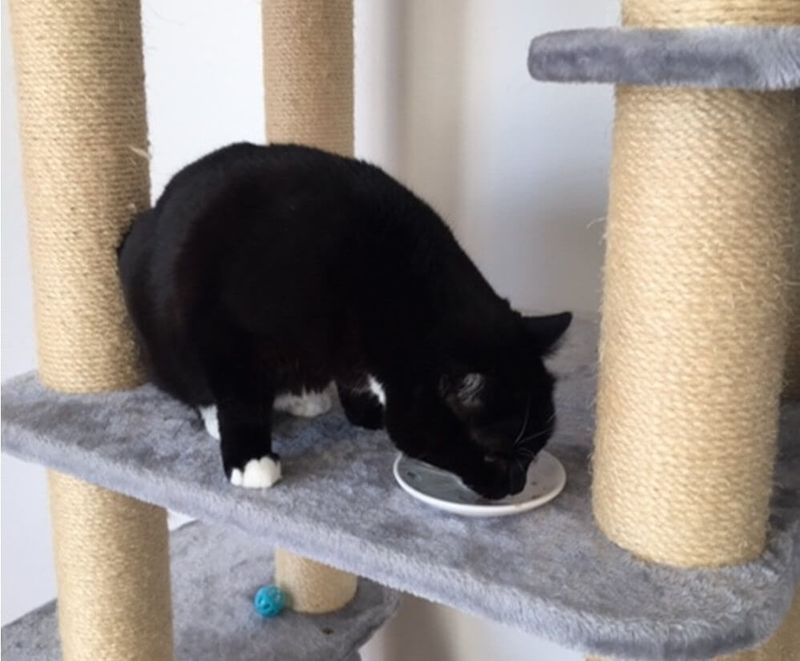
Cats are naturally alert while eating – it’s survival instinct. Loud noises, other pets, or high-traffic areas can trigger anxiety that prevents proper feeding.
Create a peaceful dining zone away from washing machines, doorways, and family chaos. Some cats even prefer elevated feeding stations that offer better visibility of their surroundings while eating.
7. Monitor And Adjust Portion Sizes
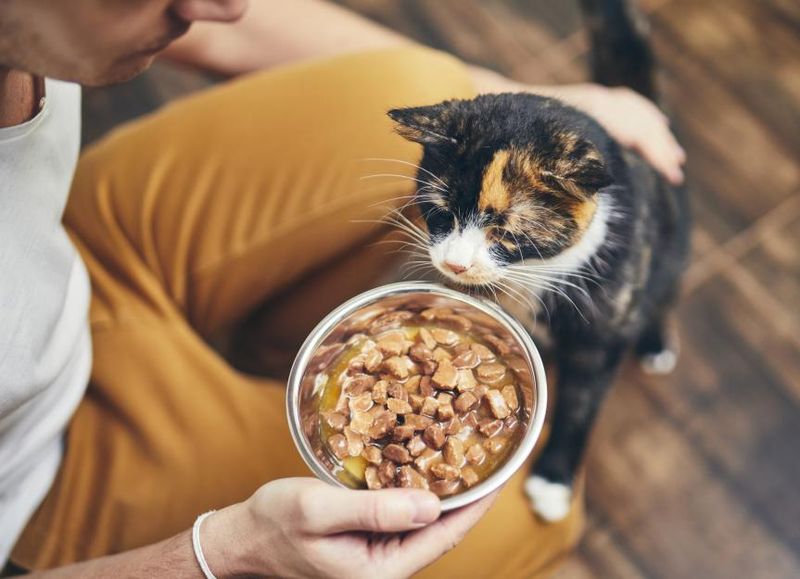
Overwhelming portions can intimidate cats. Instead of one large meal, try offering several tablespoons of food multiple times daily.
Fresh, small portions are more appealing than food that’s been sitting out. This approach mimics a cat’s natural hunting pattern of catching and eating several small prey throughout the day rather than gorging all at once.
8. Limit Treats And Table Scraps
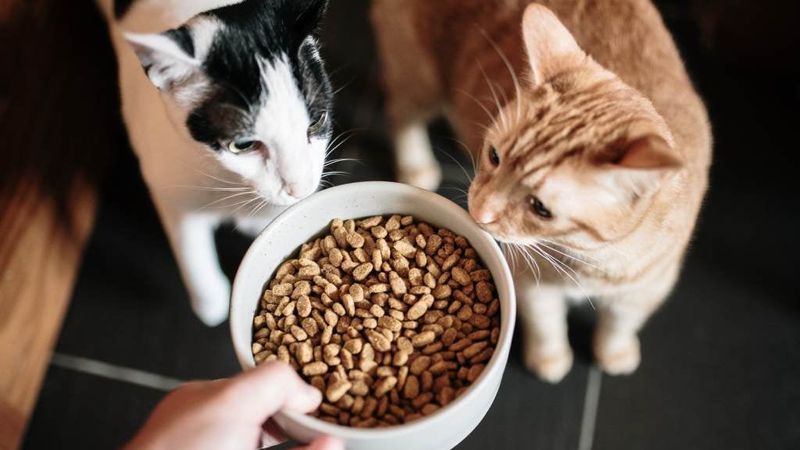
Cats quickly learn to hold out for the good stuff! When tasty human foods or commercial treats are readily available, regular meals seem boring by comparison.
Create a clean slate by temporarily eliminating all extras. Once your cat returns to eating regular meals consistently, you can gradually reintroduce occasional treats without undermining their primary diet.
9. Consult With Your Veterinarian

Sudden pickiness can signal dental pain, digestive issues, or other health concerns. A thorough checkup rules out medical reasons for appetite changes.
Veterinarians can recommend prescription diets formulated for specific health conditions or palatability issues. They might also suggest appetite stimulants for cats recovering from illness when nutritional intake is critical.
10. Be Patient And Observant
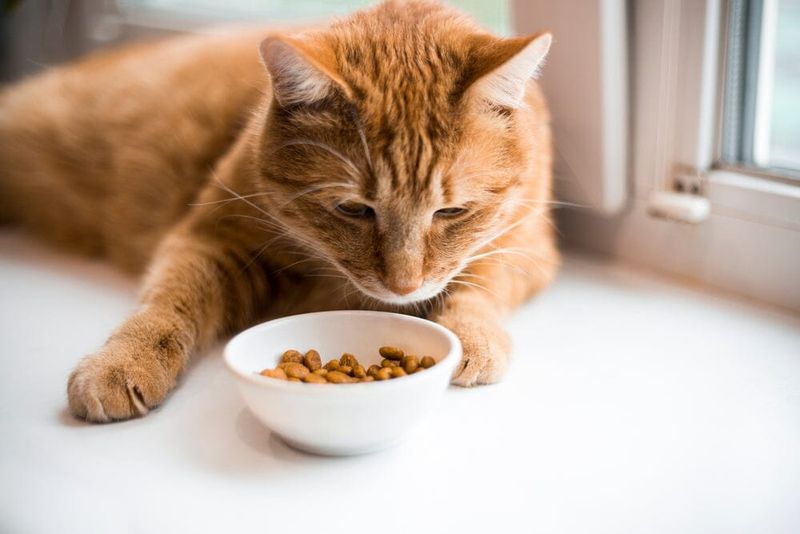
Cats rarely starve themselves without reason. Watch closely for patterns – does your cat avoid food during certain times or when specific people are present?
Document preferences and aversions in a simple journal. Sometimes the solution emerges from patterns you wouldn’t otherwise notice. Remember that gentle persistence usually wins over force when dealing with these independent creatures.






